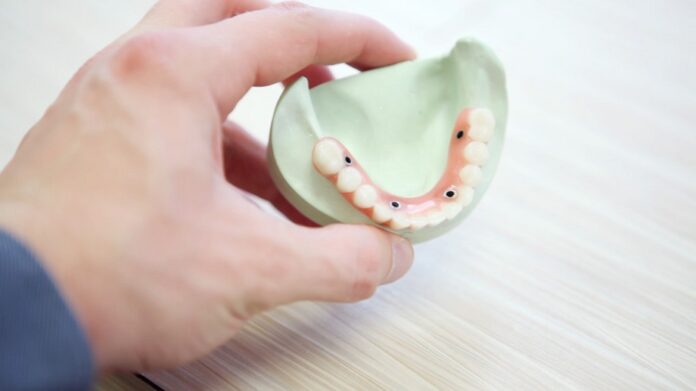We have oral structures inside our mouths. So, any procedure that aims at restoring these structures that need repair or are distorted and damaged can be referred to as restorative dentistry. Let us find out the different procedures that can be called restorative dentistry and why it is important.
Why is restorative dentistry crucial?
The main objective of the procedures is to prevent any adverse oral health issues in the future and to maintain your oral health. These are the reasons why it is important.
- If there are empty spaces in the mouth and they are filled up, it helps to keep your teeth properly aligned.
- If you replace your teeth, it facilitates better oral hygiene and prevents plaque from building up and the associated problems that come along with plaque build-up.
- If you have teeth or teeth missing, it can spoil your looks, which can adversely affect your self-esteem.
Examples of dental restoration
These are the following procedures that are performed by the dentists. It is important to approach a good and reliable dental care clinic or specialist that has been in the field for years and has a good track record. To get your dental procedures, you can talk to the experts at Dublin Dental Care. Check out the different methods that can restore your damaged dental condition.
- Fillings
These are the most common type of dental restoration processes. In this, your dentist or a specialist will fill in the cavity in your teeth with resin fillings. The commonly used material used for the same includes gold, silver amalgam, glass material. It can also be tooth-colored plastic.
- Bridges
Also known as fixed partial dentures, they are false teeth and their purpose is to bridge the gap that is created by missing teeth that might be one or more than one. They need to be anchored on both sides with the help of crowns and they are held together after cementing the area. The materials that you will find being used for the bridges are alloys, gold, porcelain, or a combination of the same.
- Implants
They are small “anchoring posts” made up of metal, titanium, with titanium mixture being used most often. You will find them placed inside the bone socket in place of missing teeth. An abutment is needed that is an attachment for the implant.
- Crowns
These are tooth-shaped caps. They are positioned just above a tooth to give it the shape of a tooth. The main purpose is to hold the bridge in position. You will also find that they are used to cover dental implants. The teeth must be reduced uniformly around the affected tooth so that it allows the crown to fit in perfectly. This usually takes some time and is a lengthy process wherein an impression might be sent to the laboratory. Meanwhile, you might be given a temporary filling or a crown.
- Dentures
They are teeth that are removable in place of missing teeth and placed in the surrounding tissues of the same.
Once you have undergone a dental restoration, you must follow certain rules like eating soft foods, foods that are cold, and have warm soup but not very hot. But make sure you do not dislodge the material used for the restoration procedure.


